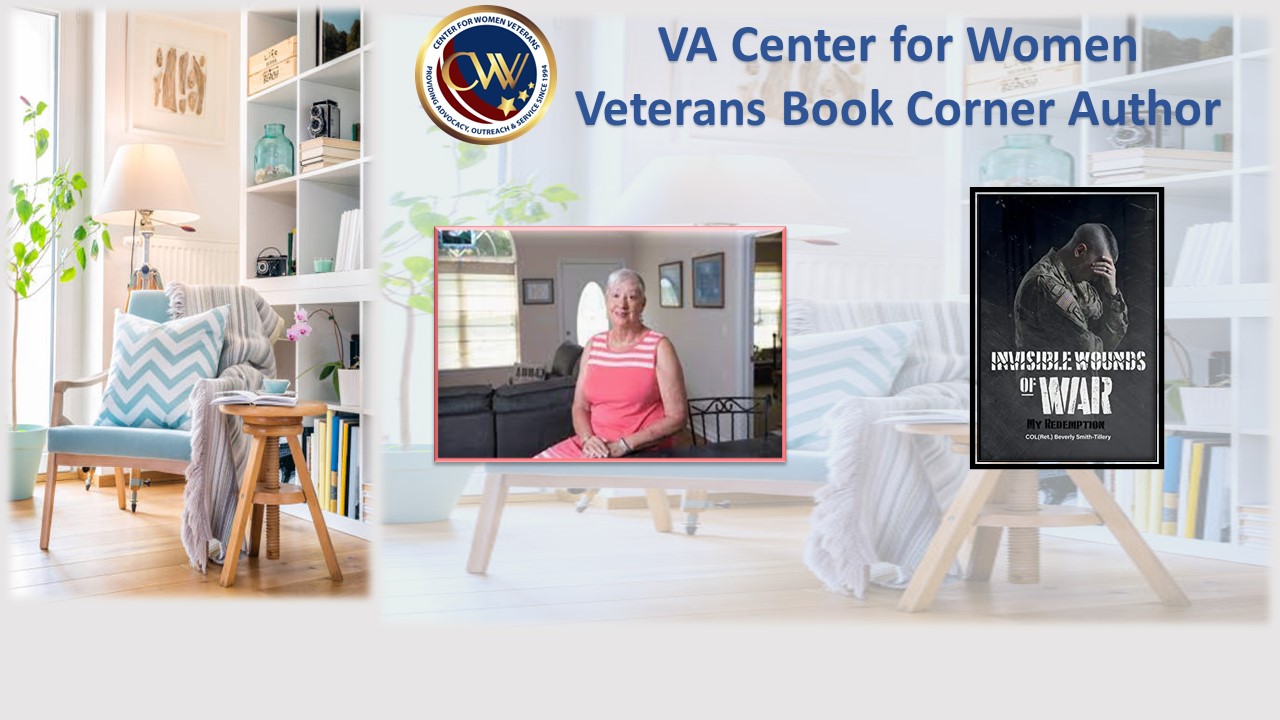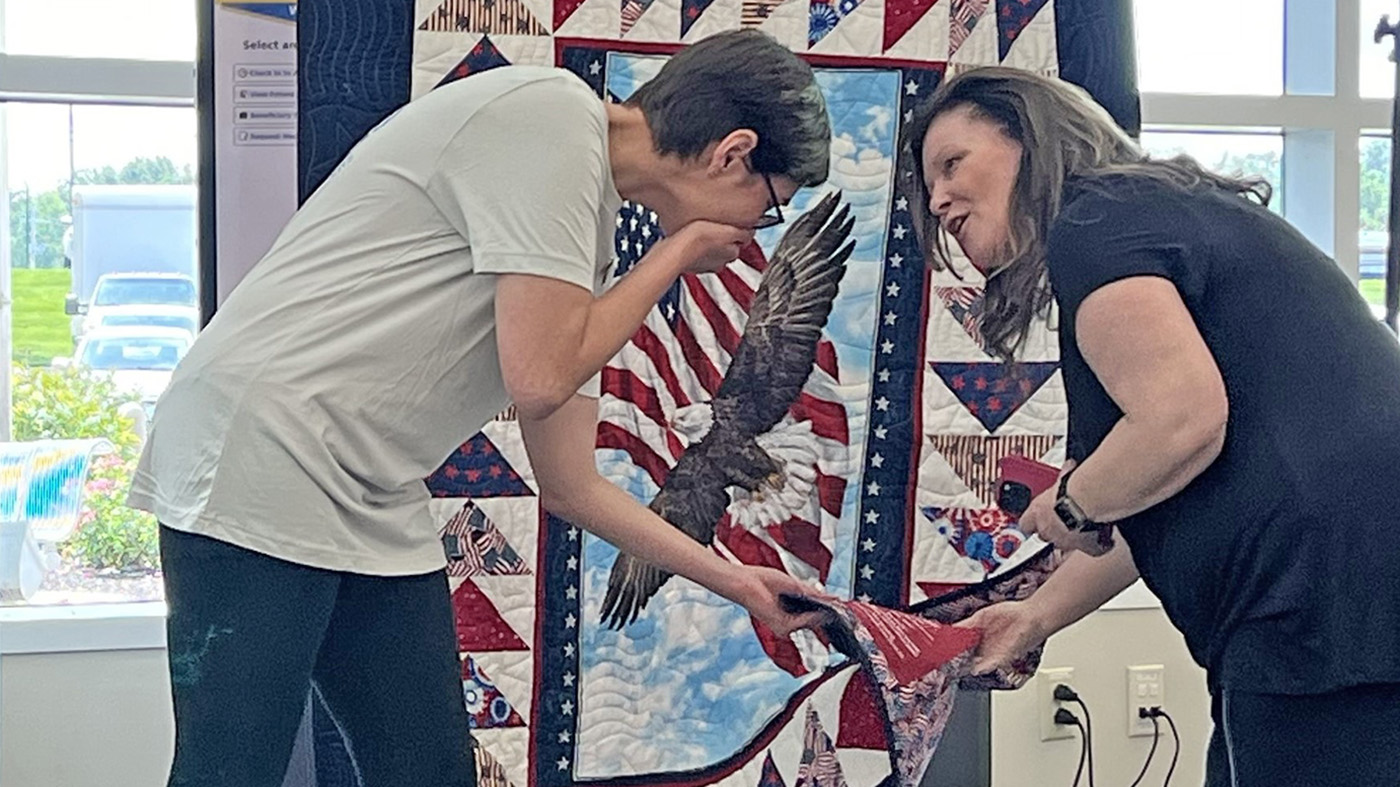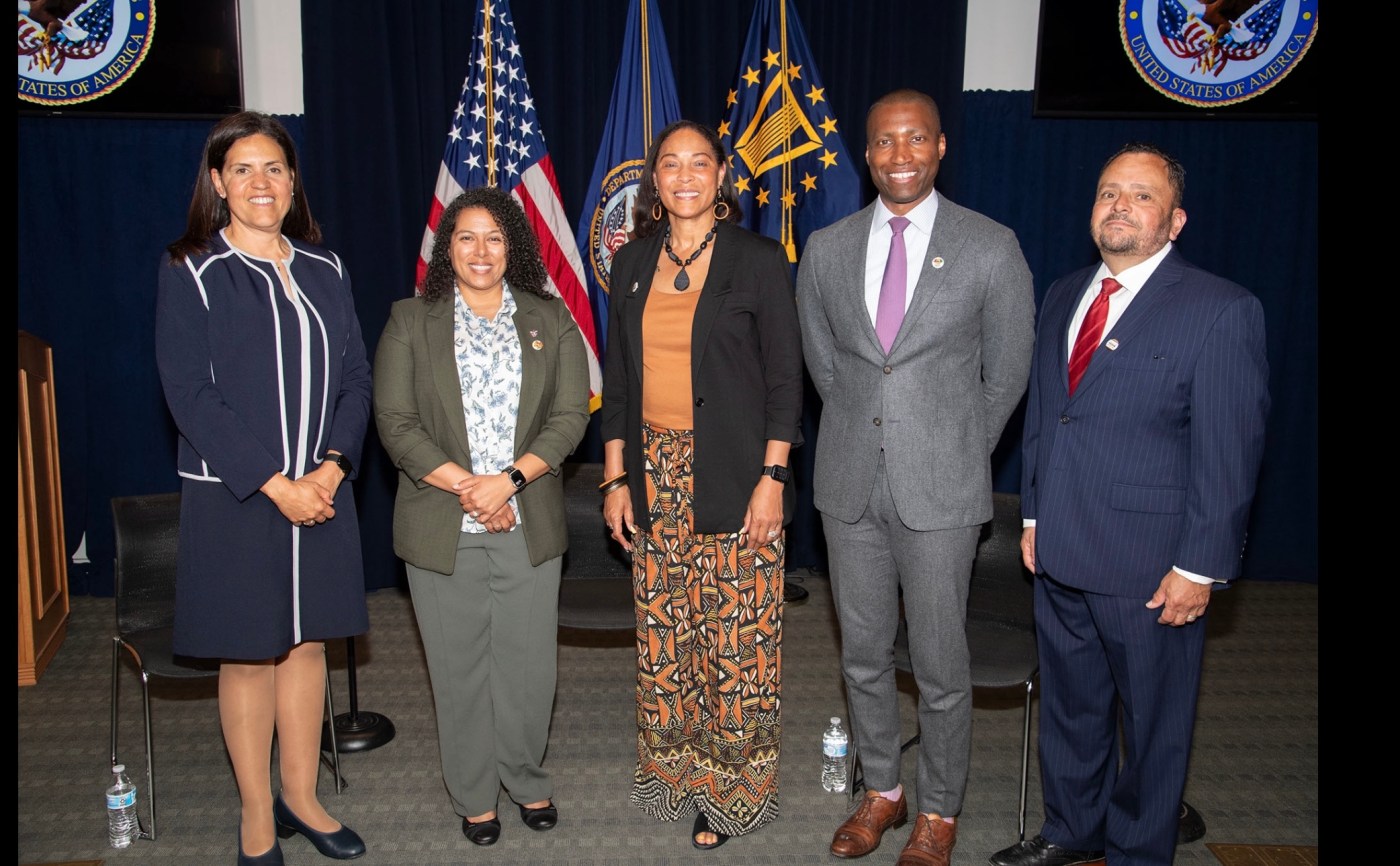Each month, VA’s Center for Women Veterans profiles a different woman Veteran author as part of its Women Veteran Authors Book Corner. This month’s author is a retired Army Reserve Veteran Col. Beverly Smith-Tillery, who served from 1988 to 2003 in the Army Reserve’s Nurse Corps and from 2004-2010, active, in the Army Nurse Corps.
Smith-Tillery wrote “The Invisible Wounds of War, My Redemption,” where she discusses how going to war is a life-changing experience. It also tracks her battle with Post-Traumatic Stress Disorder, and her “final redemption” through poetry and narrative writing. She wants reader to feel hope, that there can be a life of joy after coming home.
Where and when did you serve?
1988-2003 Army Reserve in Army Nurse Corps, at various duty stations, and 2004-2010 Active Army in Army Nurse Corps at Landstuhl Regional Medical Center, Germany; Fort Campbell, KY, and Fort Gordon, GA.
What are you doing now?
Working as an activist for Veteran and service member suicide prevention.
What was your proudest service memory?
Caring for soldiers in Iraq and Afghanistan.
What was your inspiration for writing?
After dealing with PTSD from six years of wartime service, I thought that the poetry I write to deal with my difficult memories and my story of a woman soldier in war could help other Veterans and service members deal with their PTSD.
How has your military experience shaped your creativity or how you express yourself?
I use poetry to put the haunting memories of my wartime service to rest. Poetry is an outlet to let memories too difficult to speak to be expressed.
What advice would you give other women Veterans who want to write?
Just jump in, treat your writing as a job with set days and hours planned in which to write. Don’t let anyone discourage you.
How can women Veteran authors shape society’s understanding of women Veterans’ military experience and their contributions?
By writing and publishing, you can give the public a view into your life as a woman in the military, the experiences you had and the many contributions you made. The public will never know about our life as military women unless we tell our story.
What obstacles and challenges did you experience while writing this book?
Having to relive some of the difficult experiences I faced in war was very hard. I would write and cry, but it was worth the process.
What are your recommendations for illustrating, book cover selection and the publishing process?
The illustrations in my book were originally photos, but [they] were converted to pencil sketches, which convey emotion much better. The book cover will be the thing that initially catches a reader’s attention. Select a publisher that you trust. My publisher only published work from local authors. They were supportive through the whole process and helped me market my book.
What is one significant thing we should know about you?
I never thought that I would start writing poetry at age 66, win a gold medal at the National VA Creative Arts Competition at age 69 and write a book at age 70. What a journey!
How has writing this book helped you?
Writing this book has been a wonderful therapy for dealing with my PTSD.
If you could choose one woman from any point in time to share a meal with, who would she be?
Ruth Bader Ginsburg, because she was a lifelong advocate for women’s equality.
Are you a woman Veteran author, or do you know of one?
If so, please visit our website to find out more information. If you have further questions, contact the CWV Outreach Program Manager Michelle Terry at Michelle.Terry2@VA.gov.
Topics in this story
More Stories
In its 7th year, the Salute to Women Veterans welcomed over 100 women Veterans for a morning of recognition.
This month’s Center for Women Veterans Book Corner author is Marine Corps Veteran Sarah B. Gray, who served as an administration clerk from 2001-2006. She wrote “Millie the Moose Blurts.”
VA’s Center for Minority Veterans (CMV) and Center for Women Veterans (CWV) held a hybrid event on June 18 to mark Juneteenth at VA headquarters in Washington, D.C.






